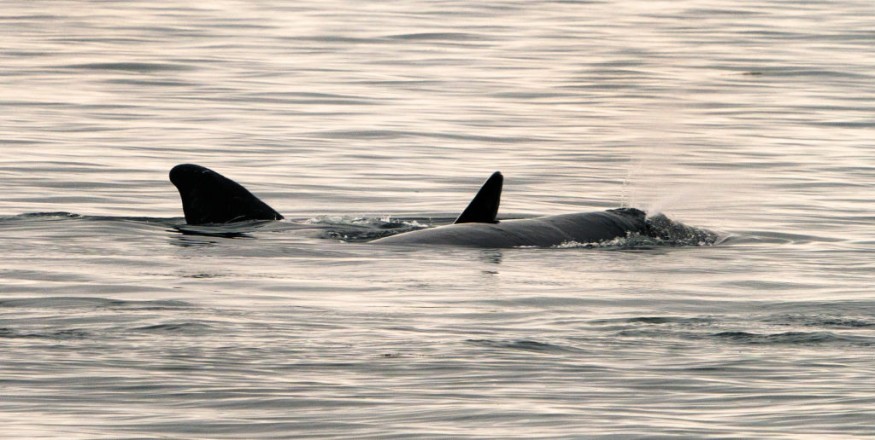North Atlantic right whales have been designated by the US government to remain under the Endangered Species Act.
This means that continued special protection and conservation efforts will be applied to the whale species.
Endangered Species Act

The US federal government on Tuesday, December 27, stated the fading North Atlantic right whale will remain protected under the Endangered Species Act, which would require members of the whale species to be part of a series of conservation measures to prevent them from being extinct, the media company New England Cable News (NECN) reported.
The reported number of the whales is only down to 340 and they have declined in terms of overall population in recent years.
On Tuesday, the National Oceanic and Atmospheric Administration (NOAA) released an updated review of the whale species' status that showed the whales are continuing to decrease and has not met a number of recovery criteria provided in its recovery plan.
The media company mentions that protection of the whale is a source of debate between conservationists and commercial fisherman since one of the top threats to the animals is fishing gear entanglement.
With this, the NOAA conducted a five-year review of the whale's status, which highlighted the population decline is due to threats from fishing gear, vessel strikes or ship collisions, and other stressors.
The US agency added that there is also uncertainty when it comes to the effect of long-term sublethal entanglements, environmental stressors like climate change, and the compounding impacts of recurring stressors that may be limiting the North Atlantic right whales from calving and recovery.
NOAA Recommendations
The NOAA recommended measures to take to stabilize the North Atlantic right whale's population.
These actions include partnering with the Canadian government to reduce vessel collisions and entanglements.
The recommendation is in line with the fact that the whales migrate every year from the waters off the coasts of Georgia and Florida to New England and Canada.
The agency also recommended that authorities should conduct more research and implement fishing gear modifications to reduce risk to the whales.
In addition, it also suggested to put more emphasis on the removal of derelict fishing gear from the whales' habitat range.
NECN stated that the Fed's announcement came a week after the congressional delegation in the state of Maine announced their plans to apparently use the federal spending bill in an attempt to delay new protection measures for the whales in the next six years.
This would reportedly stop new restrictions on lobster fishing, a large industry based in Maine.
The delegation and Democratic Governor Janet Mills stated that the planned restrictions would not protect the right whale but will threaten the livelihoods of thousands of families and small businesses in Maine, as cited by PBS news.
North Atlantic Right Whale
The North Atlantic right whale (Eubalaena glacialis) is already an endangered species and has been listed as "endangered" under the Endangered Species Act since 1970.
The latest preliminary estimation suggests there are fewer than 350 remaining in the world, according to the NOAA Fisheries.
The two other species of right whales are the North Pacific right whale, which can be found in the North Pacific Ocean, and the Southern right whale, which can be located in the Southern Hemisphere.
In recent years, the NOAA said the right whales have experienced unusual mortality events, especially since 2017.
© 2026 NatureWorldNews.com All rights reserved. Do not reproduce without permission.





